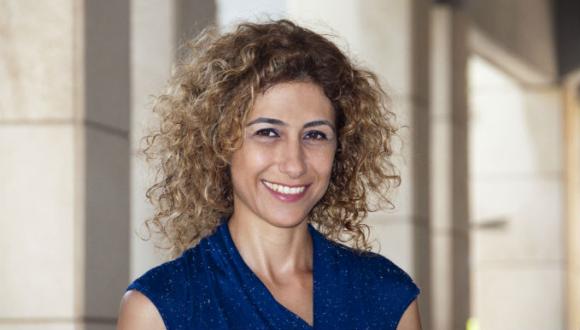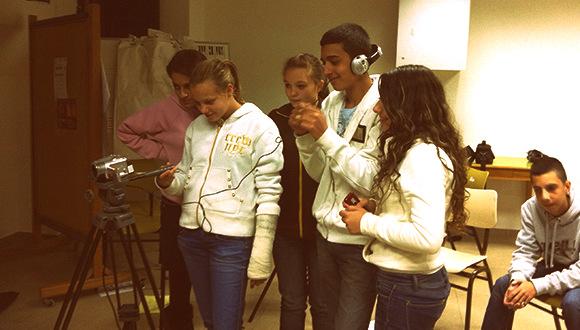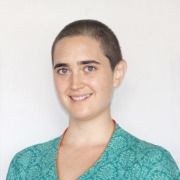Cinema for Personal Change
Our choices and aspirations determine the course of our lives. Yet for at-risk youth, the power to choose and dream is not always within reach. TAU doctoral film researcher Irit Numa employs the art of filmmaking to develop young people’s ability to recognize their options, make choices and aspire to a better future.
“There is something about film that is therapeutic, even cathartic. By telling your story, you construct your identity, and if you don’t like it you can rewrite your life or choose a new outlook,” explains Numa. “Filmmaking guides people towards personal awareness and transformation.” After a decade of facilitating film workshops at community centers, Numa sought to take her work to a new, more scientific level: to create, test and assess a therapeutic toolbox for working with youth through cinema.
Numa’s doctoral research proposal was unlike anything the Yolanda and David Katz Faculty of Arts had ever supported, and finding a PhD mentor proved difficult. Her persistence led her to Prof. Nitzan Ben Shaul, who guided her toward the element that makes her work singular and potent – employing a hyper-narrative storytelling technique in her workshops. In the hyper-narrative genre, different stories play out according to alternate choices taken by characters, in the spirit of the 1990s movies Sliding Doors and Run Lola Run. “When students work with more than one storyline, the narrative splits, and they see that if the character takes one decision it brings him to a certain end result, while if he makes another choice it leads to entirely different consequences,” explains Numa.

For example, in a scenario such as, “I lent my friend 100 shekels and now she says she can’t pay me back,” one possible reaction could be violence, with the outcome of losing the friend, not getting repaid and being suspended from school. An alternative response could be bartering the debt for tutoring, getting better grades and strengthening the friendship. “The focus on thinking about options is unique to my approach,” stresses Numa. “Students learn to take control of their lives and open their minds to choice and possibility.”
Numa’s academic career is a synthesis of her own choices, dreams and experiences growing up in disadvantaged neighborhoods in south Tel Aviv. She holds a BA in behavioral science, and started out working with youth in psychiatric hospitals. When the work proved too disturbing, she asked herself what would bring her happiness. Her answer was to pursue an MFA in screenwriting at TAU while working her way through school tutoring at risk youth. Numa’s research has been supported by a Dan David Scholarship, as well as by partnerships she created with TAU’s “Paths to the University,” a program of the Unit for Social Involvement at TAU’s Ruth and Allen Zieger Student Services Division; TAU’s Department of Film and Television; and the Channel Two project “Creating with Keshet,” among others.






